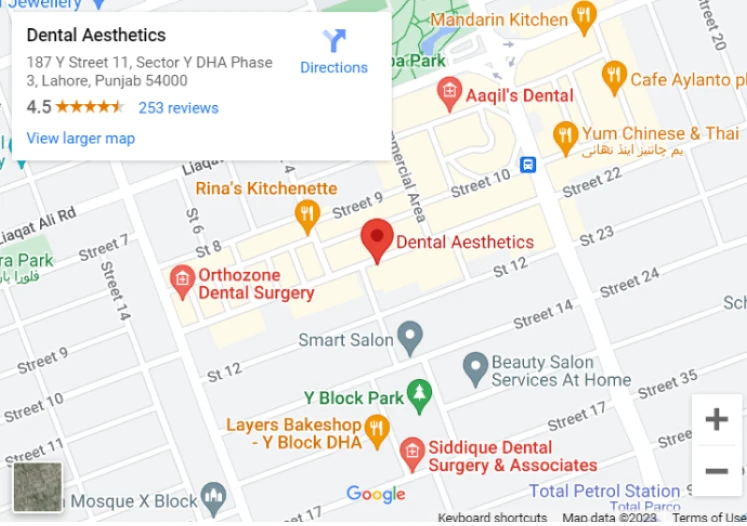Top 11 Teeth Pain Tablets and Toothache Medicines in Pakistan

March 14, 2025
Tooth pain can be an excruciating experience, affecting daily activities such as eating, speaking, and even sleeping. In Pakistan, a variety of over-the-counter and prescription medications are available to help alleviate toothache and related discomfort. Regardless of whether you're struggling with a severe dental toothache or tooth discomfort or a mild toothache, it’s important to choose the right tooth pain tablets. This article explores the top 10 best medicines for tooth pain relief in Pakistan, their effectiveness, and how to use them safely.
Here’s a list of the 11 best tooth pain medicines available in Pakistan that can help alleviate your pain:
1. Ansaid
Ansaid is a nonsteroidal anti-inflammatory drug (NSAID) commonly prescribed for toothache pain in Pakistan. It reduces both inflammation and pain, making it highly effective teeth pain tablet for treating mild to severe dental issues. It is especially recommended after root canal treatments and deep fillings.
- Side effects: Common side effects include heartburn, nausea, and upset stomach.
- Precaution: Avoid taking Ansaid if you have a history of stomach ulcers or other digestive issues. Always follow the prescribed dosage to prevent adverse effects.
- Recommendation: Only take Ansaid at your dental clinic near me to avoid potential complications.
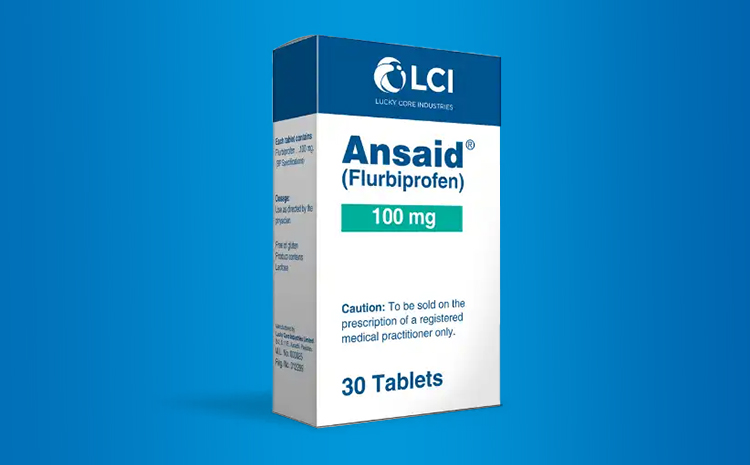
2. Synalgo
Synalgo is another effective toothache medicine containing diclofenac, a well-known anti-inflammatory. It is particularly useful for severe tooth pain. These toothache tablets are sometimes prescribed for conditions that involve inflammation.
- Side effects: Watch out for stomach discomfort or dizziness. Stay hydrated to minimize these side effects.
- Precaution: If you have any known allergies to diclofenac or similar toothache medications, avoid using Synalgo. Always take it as prescribed by your dentist.
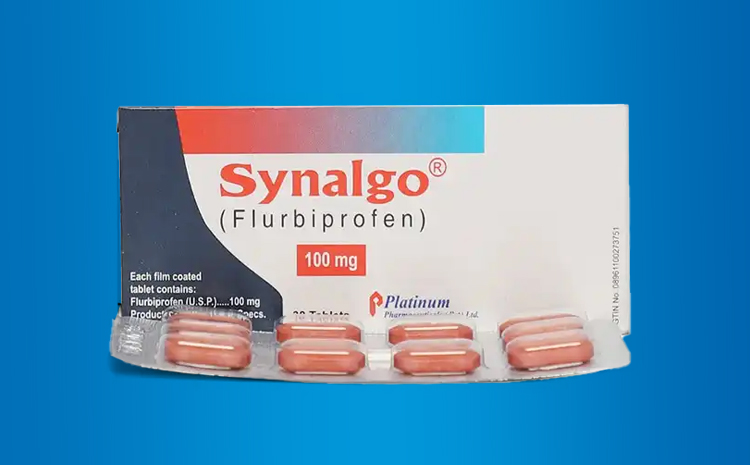
3. Ibuprofen
One of the most commonly used tablets for toothache, Ibuprofen is a fast-acting painkiller, a.k.a. the most popular teeth pain tablet, that also reduces inflammation. It is an effective remedy for a wide range of dental pain, including toothaches, gum pain, and post-surgical discomfort.
- Side effects: Nausea or dizziness, especially when taken in large doses.
- Precaution: It’s recommended to take ibuprofen with food to prevent stomach upset. Pregnant women should consult their healthcare provider before use.
- Tip: Always follow the prescribed dosage to avoid any negative side effects.
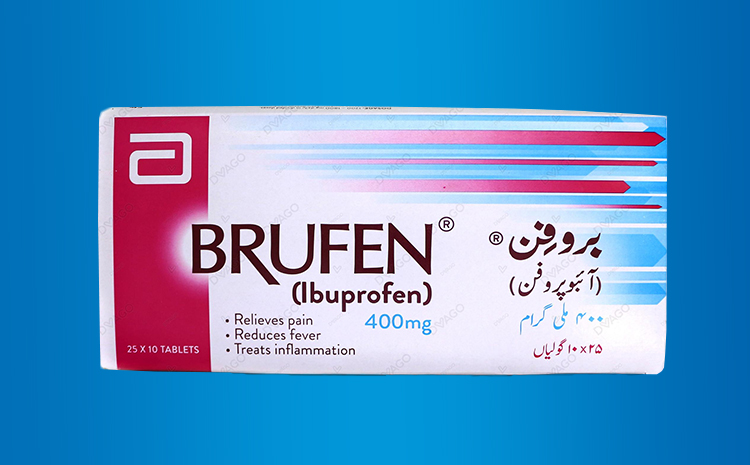
4. Torex IR
Although Torex IR is primarily used for coughs and colds, it can be effective for minor dental pain and inflammation. It is sometimes used for post-operative dental pain as well.
- Recommendation: While these pain tablets can be used for toothaches, it’s better to consult a dentist near me for specific recommendations on pain management.
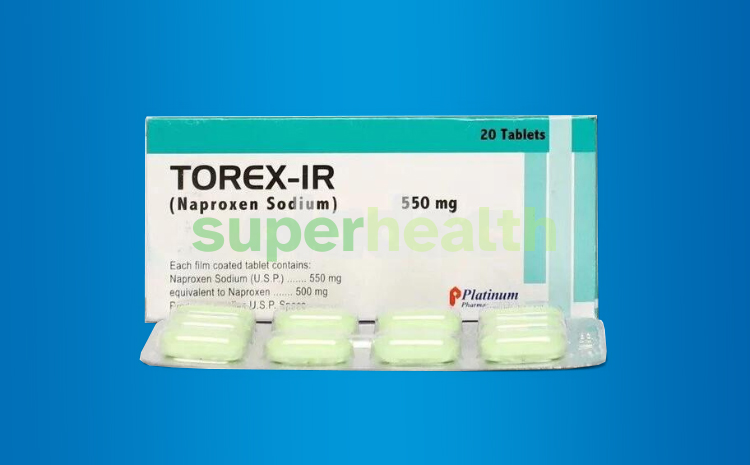
5. Panadol
A low-cost painkiller widely used in Pakistan, Panadol, is effective for mild to moderate dental discomfort. It is the most popular over-the-counter painkiller and can be used for postoperative pain as well.
- Dosage: Adults should take 500 mg twice daily, but always check with your best dentist in Lahore and best physician in Lahore to confirm the right dose for your condition.
- Recommendation: This is a great pain-relieving tablet for mild dental issues, but it is not recommended for severe pain.
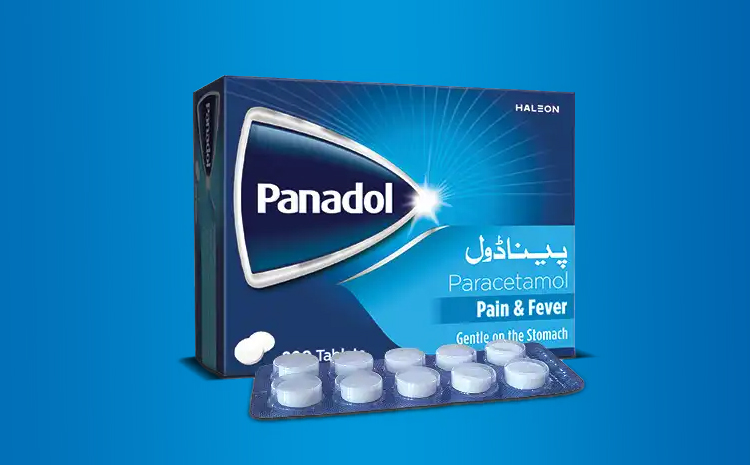
6. Tonoflex
Tonoflex is an effective pain tablet in Pakistan, often prescribed for dental and muscular pain. This medication is useful for reducing inflammation and alleviating pain caused by tooth sensitivity or injuries.
- Side effects: Drowsiness, dizziness, and stomach upset.
- Precaution: Always use Tonoflex under medical supervision. Avoid exceeding the prescribed dose to prevent serious side effects.
- Recommendation: A great option for those dealing with dental injuries or discomfort, but always follow your dentist’s instructions carefully.

7. Naproxen
Naproxen is an NSAID used to relieve pain and inflammation, making it an effective choice for toothaches. It works by inhibiting the hormones that cause pain and swelling.
- Side effects: Similar to other NSAIDs, it may cause stomach irritation or ulcers in some people.
- Precaution: People who are allergic to aspirin should avoid Naproxen or Neoprox.
- Recommendation: Always follow the prescribed dosage to avoid complications like a heart attack or stroke.
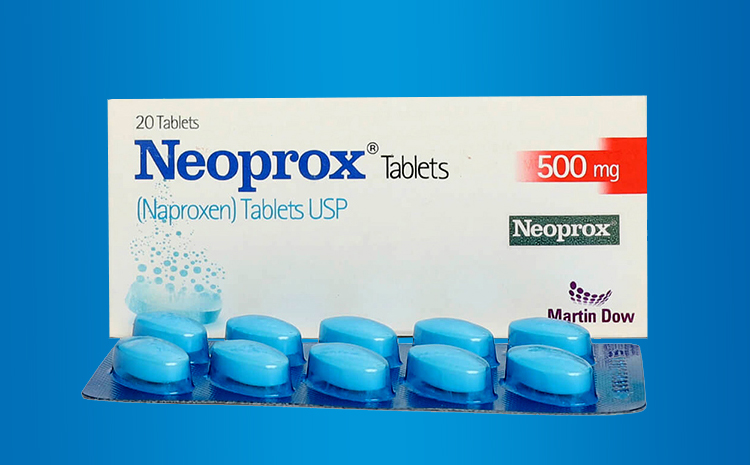
8. Diclofenac
Diclofenac is an NSAID that relieves moderate pain by reducing inflammation and fever. It’s often used as teeth pain tablets, particularly when other painkillers are ineffective.
- Side effects: Can include nausea, dizziness, or stomach irritation.
- Recommendation: Consult with your dentist in near me for the appropriate dosage, especially if you have any underlying medical conditions.
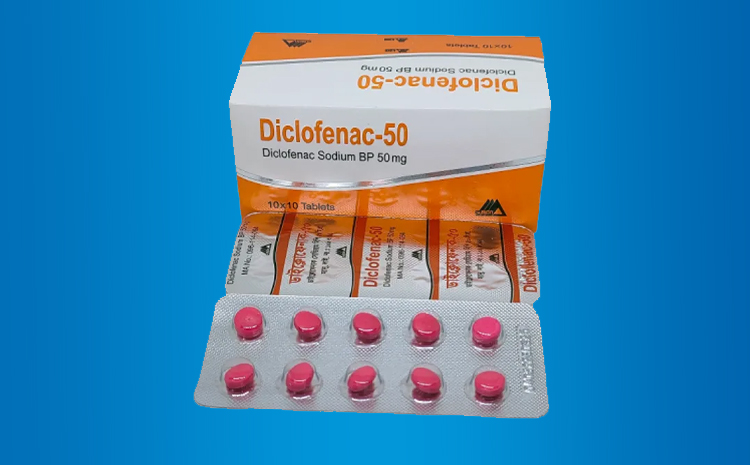
9. Celecoxib
Celecoxib is a selective NSAID that works by blocking enzymes responsible for pain and inflammation. It’s commonly used for dental pain relief.
- Side effects: Stomach upset and dizziness. Pregnant or breastfeeding women should avoid this medication.
- Precaution: Always take Celecoxib under the supervision of a healthcare provider and dentist to avoid any serious side effects.
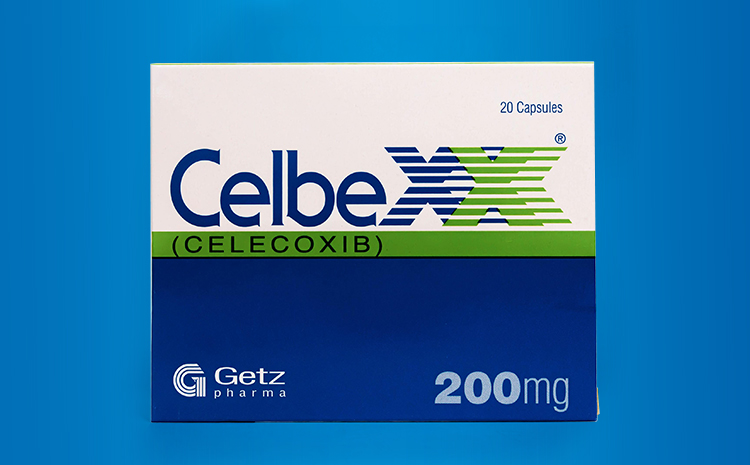
10. Aspirin
A widely available painkiller that can be used for mild to moderate tooth pain, Aspirin works by reducing inflammation and blocking pain signals.
- Side effects: Stomach irritation, ulcers, or bleeding in some cases.
- Precaution: People with stomach ulcers or bleeding disorders should avoid aspirin.
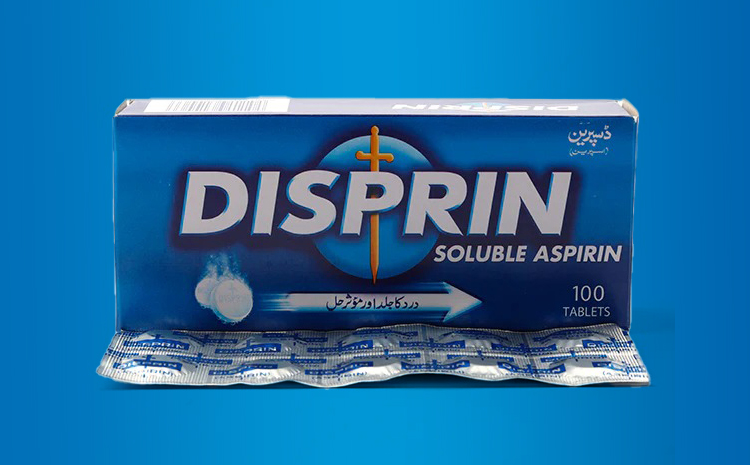
11. Acetaminophen
Acetaminophen (also known as paracetamol) is a non-NSAID pain reliever often recommended for tooth pain. In Pakistan, it is the imported tooth pain tablets. It works well for mild pain but doesn’t address inflammation like NSAIDs do.
- Side effects: When taken in excess, acetaminophen can cause liver damage.
- Precaution: Stick to the recommended dosage, especially if you have liver issues.
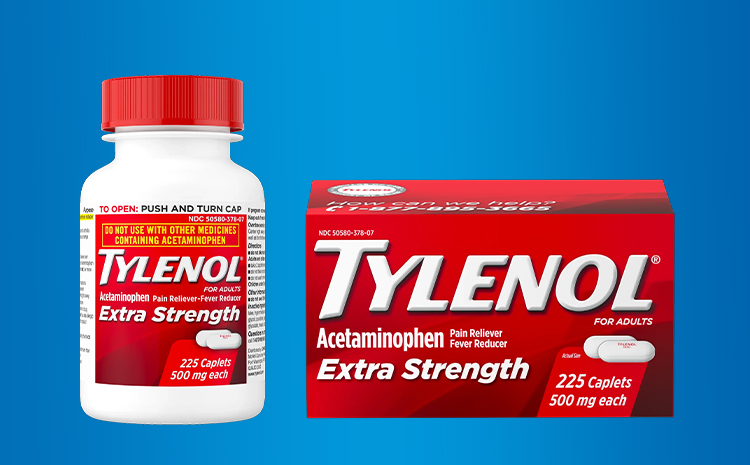
12. Tramadol
Tramadol is an opioid pain medication that alters how the brain processes pain. It is used for moderate to severe toothaches that don’t respond well to other painkillers.
- Side effects: May include dizziness, nausea, or drowsiness. Overuse can lead to dependence.
- Precaution: Do not exceed the recommended dosage, and always consult with your dentist before use.
- Recommendation: If your pain persists, see your dentist for further diagnosis and treatment options so they can recommend you teeth pain tablets.
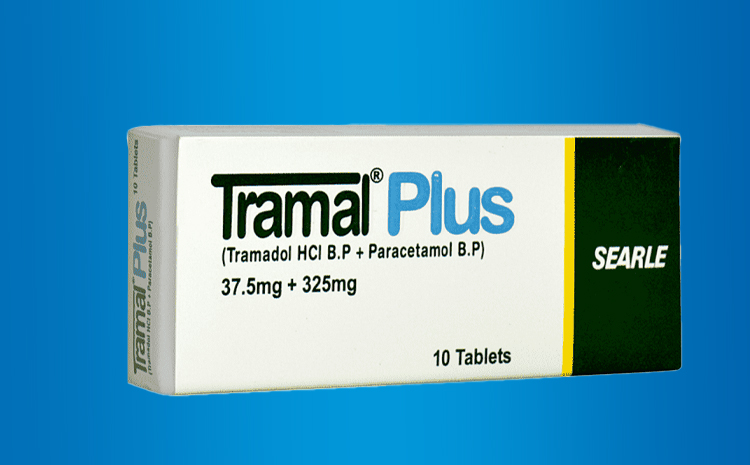

How to Choose the Best Medicine for Your Tooth Pain
When selecting a medicine for tooth pain relief, consider the following factors:
- Severity of Pain: Mild pain can be managed with Paracetamol, while severe pain may require stronger medication.
- Cause of Pain: If an infection is present, antibiotics like Amoxicillin should be used as prescribed by a dentist.
- Allergies & Medical Conditions: Always check for allergies or pre-existing conditions that may interact with certain medications.
- Pregnancy & Children: Consult a doctor before using strong painkillers if pregnant or treating a child.
When to See a Dentist
Although over-the-counter teeth pain tablets or toothache medicine can provide temporary relief, it’s essential to consult a dentist if the pain persists or worsens. Long-term tooth pain could be a sign of a more severe dental issue, such as an infection, a tooth cavity, or gum disease. Visit a dentist if you experience:
- Severe or throbbing pain lasting more than 48 hours
- Swelling in the gums or face
- Fever along with tooth pain
- Pain after a dental procedure that doesn’t improve
Conclusion
There are numerous pain-relieving tablets available in Pakistan to help alleviate discomfort from toothaches. From common options like Panadol and Ibuprofen to more specific medications like Tramadol and Tonoflex, there is a range of toothache medicines available to suit various needs. However, it's crucial to follow the recommended dosages and consult a dentist near me for a proper diagnosis.
If your tooth pain continues, don’t hesitate to reach out to our professional team at Dental Aesthetics for expert advice and a thorough examination. Taking care of your dental health ensures that your smile stays healthy and pain-free! Schedule an appointment with Dental Aesthetics today for expert care and relief.


